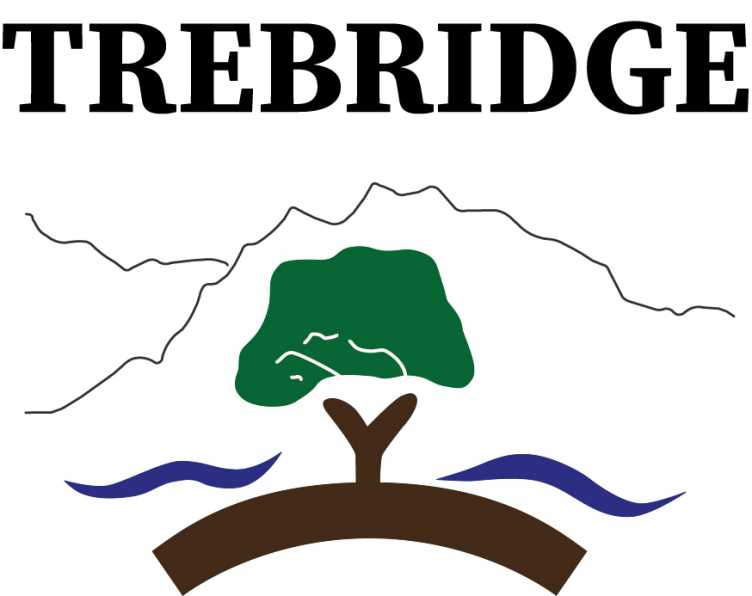TREBRIDGE – Transformation toward resilient ecosystems: Bridging natural and social sciences
Overview

The research project TREBRIDGE focuses on watershed management in mountain areas in Switzerland. For erosion and flood control, check dams have been constructed in streams and clear-cuts have been replanted with monocultures for centuries. The maintenance of flood management infrastructure requires high financial investments and at the same time affects the quality and resilience of the affected ecosystems. The aim of TREBRIDGE is to identify policy and management approaches of watersheds and forests in alpine regions. These approaches should on the one hand increase the resilience of mountain ecosystems in coping with extreme weather events and on the other hand meet societal needs regarding natural resource use and protection. The research project follows an interdisciplinary approach by taking a holistic view on watershed and forest functioning, assembling inter- and transdisciplinary scholars, geologists, geomorphologists, hydrologists, ecologists, economists and policy analysts.
The project is divided into five working packages:
- Science Integration
Integrate science across the disciplines involved in this project, securing a truly holistic approach throughout the project and a synthesis of results into joint outputs for the advancement of science;
- Participatory Scenario Process
Through a participatory scenario development and assessment process, create alternative policy and management options for delivering resilient ecosystems and meeting societal and ecological needs in Alpine regions; - Sediment production and transfer
Assess the effects of current management practices on sediment delivery and runoff, and contrast this with less engineered alternatives; - Exploring the hydrological and ecological consequences
Explore how changes in vegetation cover influence the sediment cascade and channel stability, and quantify the relative importance of climate change vs. forest management practices on sediment transfer; - Values of nature and environmental policy
Analyze the economic and non-economic values of nature-based solutions on societal preferences.
NARP is responsible for the management of the project and for the work package "Participatory Scenario Process." Within the work package, the following research objectives are pursued:
- Determine context factors and drivers of change as key parameters for developing scenarios
- Co-develop scenarios for future policy and management options in the year 2050 in the case study regions with stakeholders and the advisory boar
- Bring the findings from the working packages together through workshops
- Ensure a cohesive research approach, where societal preferences inform the research process
Start
June 2022
Funding
Swiss National Science Foundation (SNSF) as part of the Program external page Sinergia – interdisciplinary, collaborative and breakthrough
Collaborators
- Dr Eva Lieberherr (NARP, ETHZ)
- Veronika Schick (NARP, ETHZ)
- Prof. Dr Fritz Schlunegger (Geology, Geomorphology UniBern)
- Prof. Dr Harald Bugmann (Forest Ecology, ETHZ)
- Dr Sabine Hoffmann (Transdisciplinary Research, Eawag)
- Dr Ivana Logar (Environmental Economics, Eawag)
- Prof. Dr Peter Molnar (Hydrology, ETHZ)
- Dr Brian McArdell (Sediments, WSL)
- Dr Astrid Zabel (Environmental Economics & Policy, CDE, Uni Bern)
- Dr Dieter Rickenmann (Sediments, Hydrology, WSL)
- PD Dr Naki Akçar (Geology, UniBern)
Publications
- Zhang, J., Salomon, H., Huber, M.N. et al. (2025). Developing a conceptual framework for interdisciplinary communication, collaboration, and integration: A structured approach. Ambio. doi: external page 10.1007/s13280-025-02210-z
- Lieberherr, E., Dölker, J., Salomon, H. et al. (2025). Science integration and a participatory scenario process. An inter- and transdisciplinary study from the Alps. GAIA, 34(1), 35-41. doi: external page 10.14512/gaia.34.1.4
